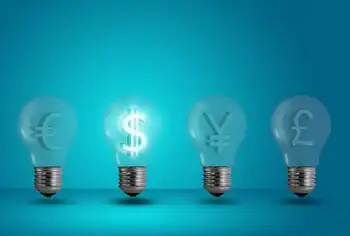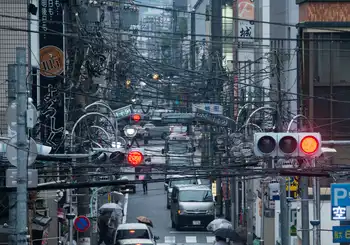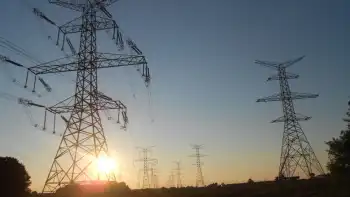Iran agrees to readmit nuclear inspectors
Iran had said that it was indefinitely shutting out IAEA inspectors, after the agency's 35-nation governing board adopted a resolution that said it "deplores" recent discoveries of uranium enrichment equipment and other suspicious activities that Iran had failed to reveal.
But the head of the U.N. International Atomic Energy Agency, Mohamed ElBaradei, said Monday that Iran was ready to allow inspectors back into the country starting March 27. Hasan Rowhani, on a three-day visit in Japan, backed that as well.
"It is certain. And it will be without any conditions,'' Rowhani, who also heads Iran's Supreme National Security Council, said at a news conference in Tokyo.
Tehran insists its nuclear activities are for the generation of electricity, but Washington suspects it has a secret program to build nuclear weapons and had called for even harsher language in the agency's resolution.
Asked about the allegations, Rowhani said: "The United States has made many groundless statements." He reaffirmed Iran's claim that it only wants to use nuclear power for peaceful purposes.
Washington should present to the IAEA any evidence it has to back its suspicions, and inspectors will go and check it, Rowhani said.
Rowhani met with Foreign Minister Yoriko Kawaguchi. Most of the 21/2-hour meeting was devoted to the latest development on nuclear inspections, a Foreign Ministry official said on condition of anonymity.
In February, Japan closed an estimated $2 billion deal with the Iranian government to develop the Azadegan oil field, believed to be one of the largest in the Middle East. The United States had opposed because it fears the money could go to nuclear proliferation.
Related News

IEA: Electricity investment surpasses oil and gas for the first time
LONDON - Investments in electricity surpassed those in oil and gas for the first time ever in 2016 on a spending splurge on renewable energy and power grids as the fall in crude prices led to deep cuts, the International Energy Agency (IEA) said.
Total energy investment fell for the second straight year by 12 per cent to US$1.7 trillion compared with 2015, the IEA said. Oil and gas investments plunged 26 per cent to US$650 billion, down by over a quarter in 2016, and electricity generation slipped 5 per cent.
"This decline (in energy investment) is attributed to two…





